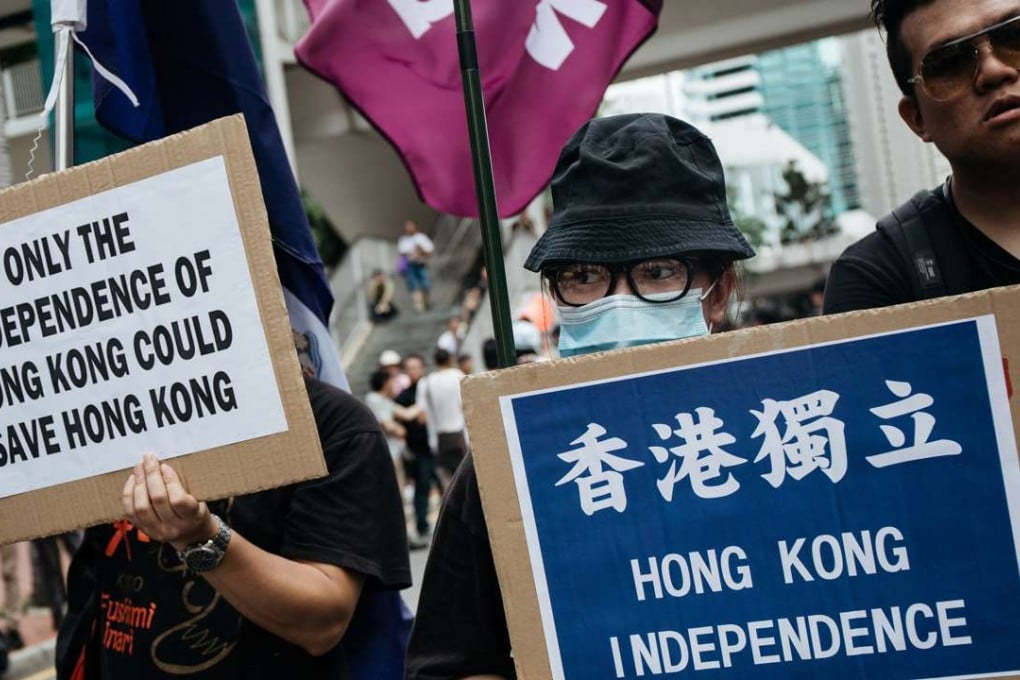How not to handle calls for Hong Kong independence
Mike Rowse says directing city’s youth not to agitate for political reform and trying to sideline Legislative Council election candidates opposing central rule is backfiring on Beijing

Looking back over the last year and a half or so, it seems incredible that the idea of Hong Kong independence has gone from being a silly jape floated by a handful of students to a powerful political force capturing the imagination of a significant proportion of our youth.
And I think most of the credit for this must be shared by our chief executive Leung Chun-ying and the head of the central government’s liaison office, Zhang Xiaoming ( 張曉明 ). Others may have tried to share the glory: Chief Secretary Carrie Lam Cheng Yuet-Ngor, Secretary for Justice Rimsky Yuen Kwok-keung and – most recently and most improbably – head of the Electoral Affairs Commission Mr Justice Barnabas Fung Wah all spring to mind. But I think we must be fair, dismiss them as minor actors and let the main recognition fall to our dynamic duo.
Rising support for independence a wake-up call to enhance confidence in the ‘one country, two systems’ principle
Let us go back to the beginning. Hong Kong has been part of China since historic times. In every way imaginable – ethnically, culturally, historically, geographically – this fact is indisputable. Most independent observers saw the return by Britain of Hong Kong to China in 1997 as an entirely reasonable act. The Joint Declaration between the sovereign governments concerned, and the Basic Law which flowed from it, left no one in any doubt about our city’s status as a special administrative region of China.

Hong Kong’s independence advocates are simply a bad rash
The first prominent mention of the idea of independence for Hong Kong came in early 2015 when the chief executive used the platform of his annual policy address to lambast an obscure magazine called Undergrad, published by the University of Hong Kong student union. He also referred to a book called Hong Kong Nationalism, which had been published two years previously, in 2013, without attracting any public attention whatsoever. And the issue of the magazine that provoked the high-profile criticism was published in February 2014, again without generating much discernible interest. Left alone, then, the concept was clearly dead on arrival. If a poll had been taken in January 2015, it most likely would have found that well over 99.9 per cent of the population had never heard of or considered the possibility of independence for Hong Kong. Yet here it was, suddenly front-page news.